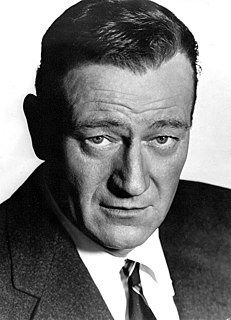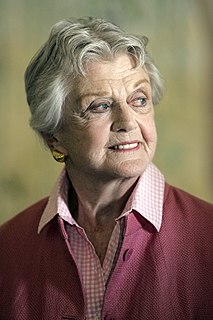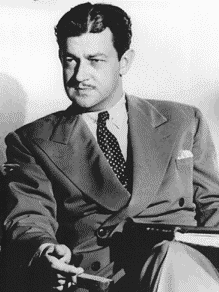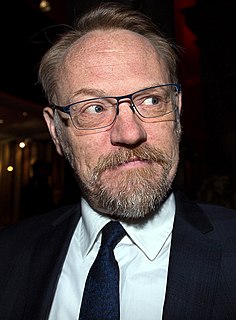A Quote by John Wayne
One look that works is better than twenty lines of dialogue.
Related Quotes
Those of us raised in modern cities tend to notice horizontal and vertical lines more quickly than lines at other orientations. In contrast, people raised in nomadic tribes do a better job noticing lines skewed at intermediate angles, since Mother Nature tends to work with a wider array of lines than most architects.
I believe I'm very conscious of exactly what I'm doing. I'm auditioning lines of dialogue, and I'm interrogating whether the lines would translate from Russian into English the right way. The English that results can perhaps seem somewhat more formal than colloquial, but not so formal as to feel academic.
A pretty girl is better than a plain one. A leg is better than an arm. A bedroom is better than a living room. An arrival is better that a departure. A birth is better than a death. A chase is better than a chat. A dog is better than a landscape. A kitten is better than a dog. A baby is better than a kitten. A kiss is better than a baby. A pratfall is better than anything.
Better than a thousand hollow words Is one word that brings peace. Better than a thousand hollow verses Is one verse that brings peace. Better than a hundred hollow lines Is one line of the dharma, bringing peace. It is better to conquer yourself Than to win a thousand battles. Then the victory is yours. It cannot be taken from you, Not by angels or by demons, Heaven or hell.




































